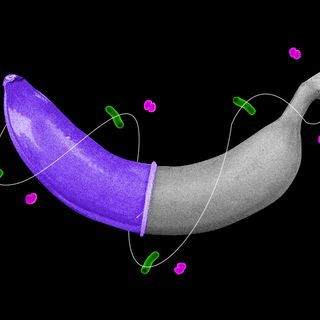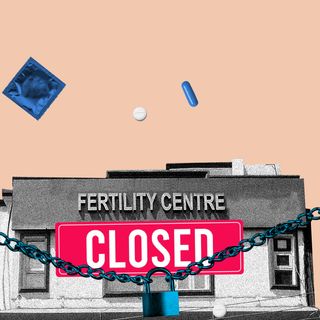After months of speculation and inconclusive studies, researchers from Hong Kong have just announced the world’s first-ever confirmed case of coronavirus reinfection. The scientists at the University of Hong Kong’s department of medicine were able to prove that a person can indeed get reinfected after fully recovering from the novel coronavirus. They successfully completed the only step that provides conclusiveness — a genetic mapping of the reinfection that proved both the initial and new strains of the coronavirus found in the patient were genetically different.
Figuring out why a Covid19-recovered patient is showing symptoms again has been a challenge for the medical community in this pandemic, as the process has a lot of variables that make assessing anything with 100% certainty close to impossible. Now, with the (yet unpublished) Hong Kong study, doctors around the world can start drawing some conclusions and assessing the implications for what this reinfection confirmation means for the larger population.
The Swaddle consulted pulmonologist Dr. Lance Pinto (of Hinduja hospital) to find out why this confirmation of reinfection is dominating headlines worldwide.
What does this news mean for you as a doctor?
What it means is that unfortunately, we’ll have to test for Covid19 every time someone shows symptoms related to the coronavirus infection. It’s unfortunate because most people have two to three episodes of a mild viral every year. Now, every time it happens, we’ll have to make sure it’s not Covid.
What does it mean for patients recovered from Covid19?
Look, we’ve never said “okay, now you’ve recovered from Covid. You can remove your mask, you can live your life.” When patients who recovered from Covid ask us, we’ve always said, “we don’t know.” But now, nobody can, or should, make the argument that “I have the strongest antibodies so I don’t have to wear a mask,” especially now that workplaces are opening up. Caution is advised no matter if you’re recovered from Covid19 or not.
The Hong Kong study shows reinfection was milder in the patient, and he had no symptoms. Can we take that as a given?
In my experience, I’ve seen patients having much worse symptoms with possible reinfection. But all of them had been immune-suppressed, so that’s a major caveat when trying to determine if reinfection is stronger or not. For now, I don’t think we can say either with confidence.
What do we need to rethink now that we have confirmation of reinfection?
The whole concept of immunity passports needs to be rethought. If reinfection is a real possibility, then you’ll have multiple spikes until you have a vaccine.
Same with herd immunity. I’m not saying it can’t be achieved — mathematically, let’s say theoretically the possibility of reinfection occurs after a year. In that year, you achieve herd immunity and then the transmission is over. That is, unless someone comes from outside and reintroduces the infection. So, perhaps, lasting herd immunity cannot happen through infection, and only through vaccination.
How does this reinfection news affect our understanding of a potential Covid19 vaccine?
With vaccines, you normally need a booster shot after a few years, as the immune response wanes with time. It’s kind of the same thing that we might need for Covid19.
So, what don’t we know about reinfection so far?
The biggest unknown right now is the time factor. How soon after the first infection does someone become vulnerable to reinfection? For now, we can assume that reinfection is rare, just because Hong Kong had cases back in January and February, and they’re just reporting their first confirmed reinfection now.
What’s keeping us from figuring out this unknown?
The Hong Kong guys had sophisticated mechanisms to confirm the reinfection. There is a possibility that reinfection is way more prevalent than we know, and we don’t know yet just because we don’t have the means of confirming it. If nobody is bothered to check the second time around, perhaps because the reinfection is presenting with milder symptoms, then that may be another cause of underreporting. For now, the bottom line still is that it’s rare until we can prove otherwise.




